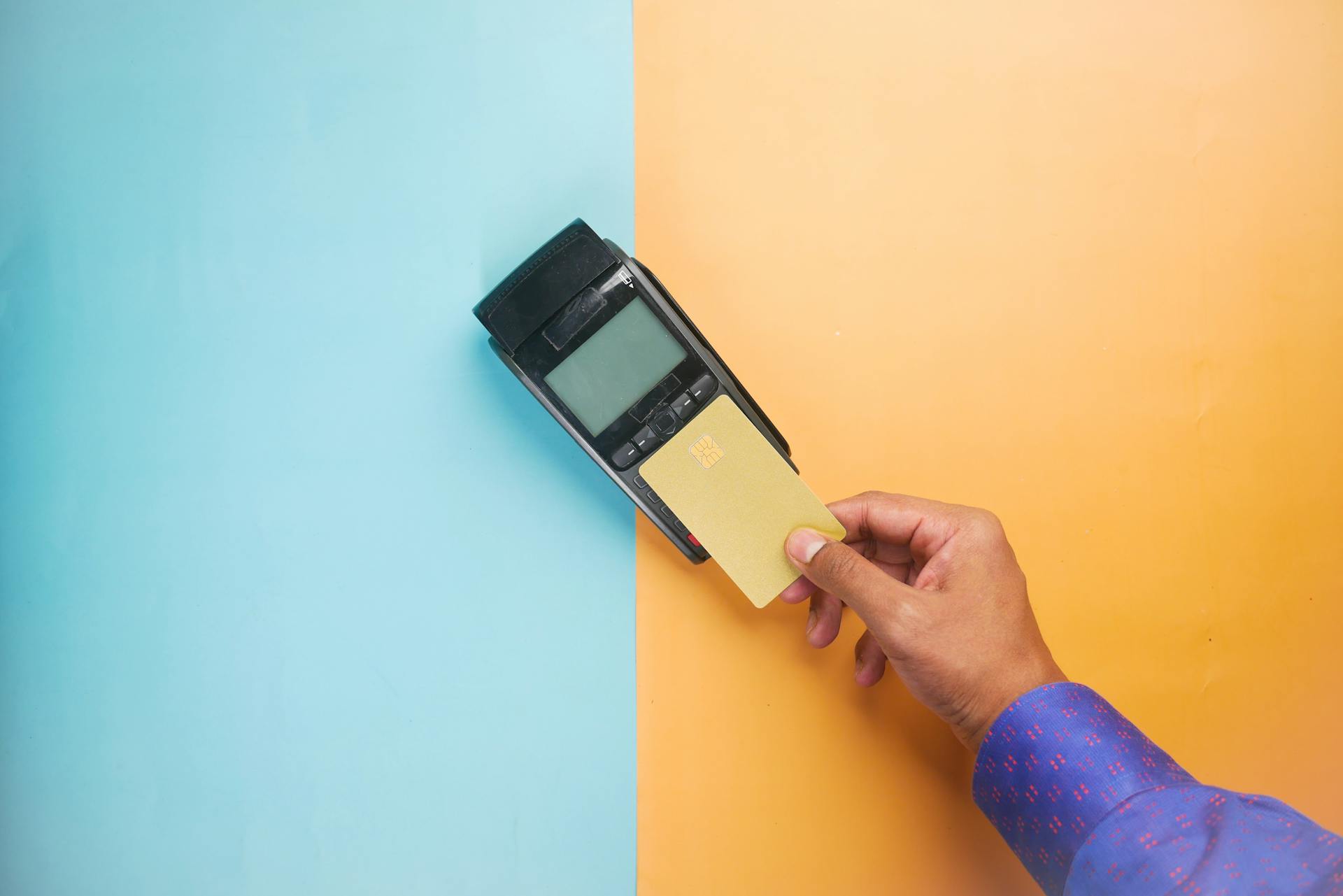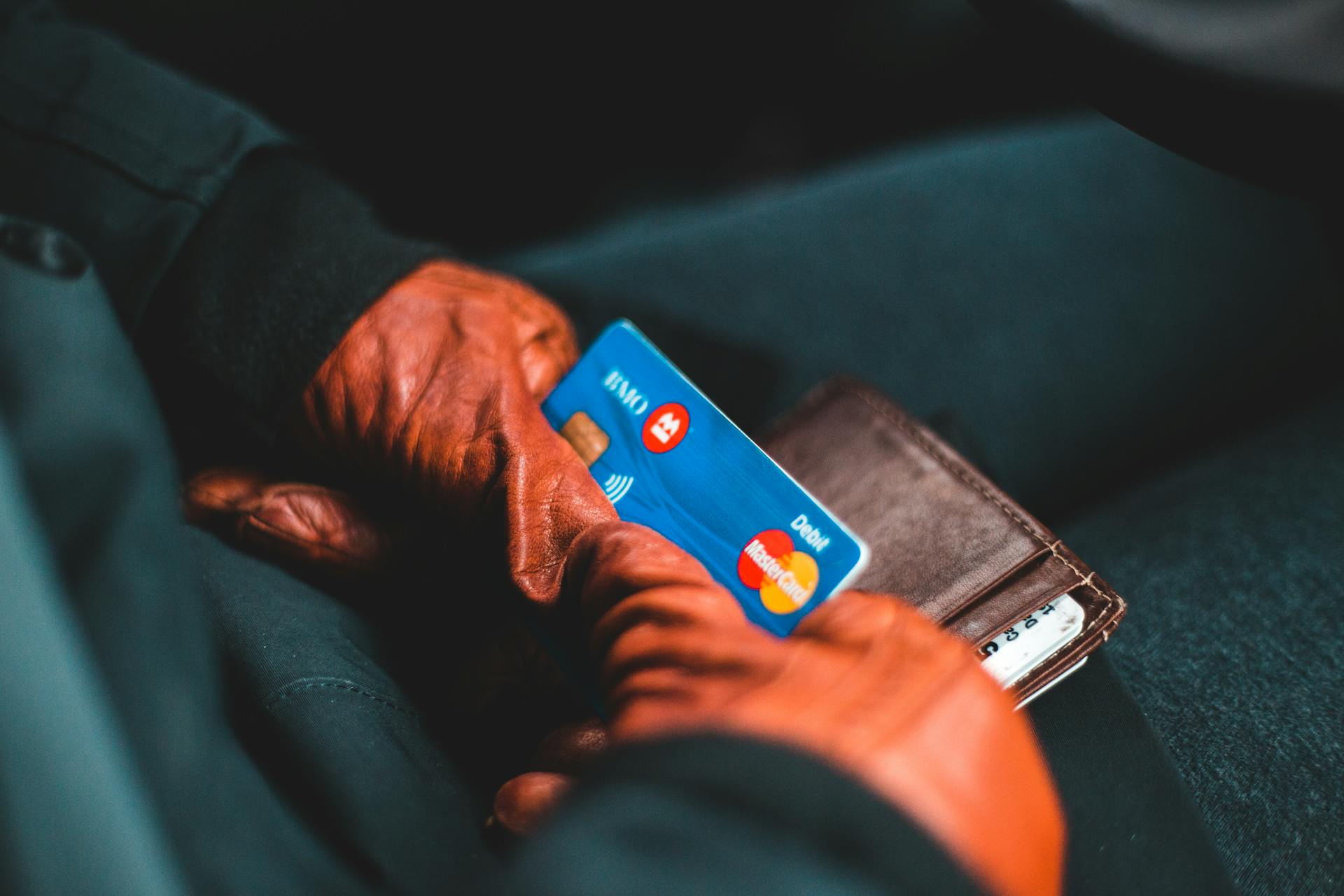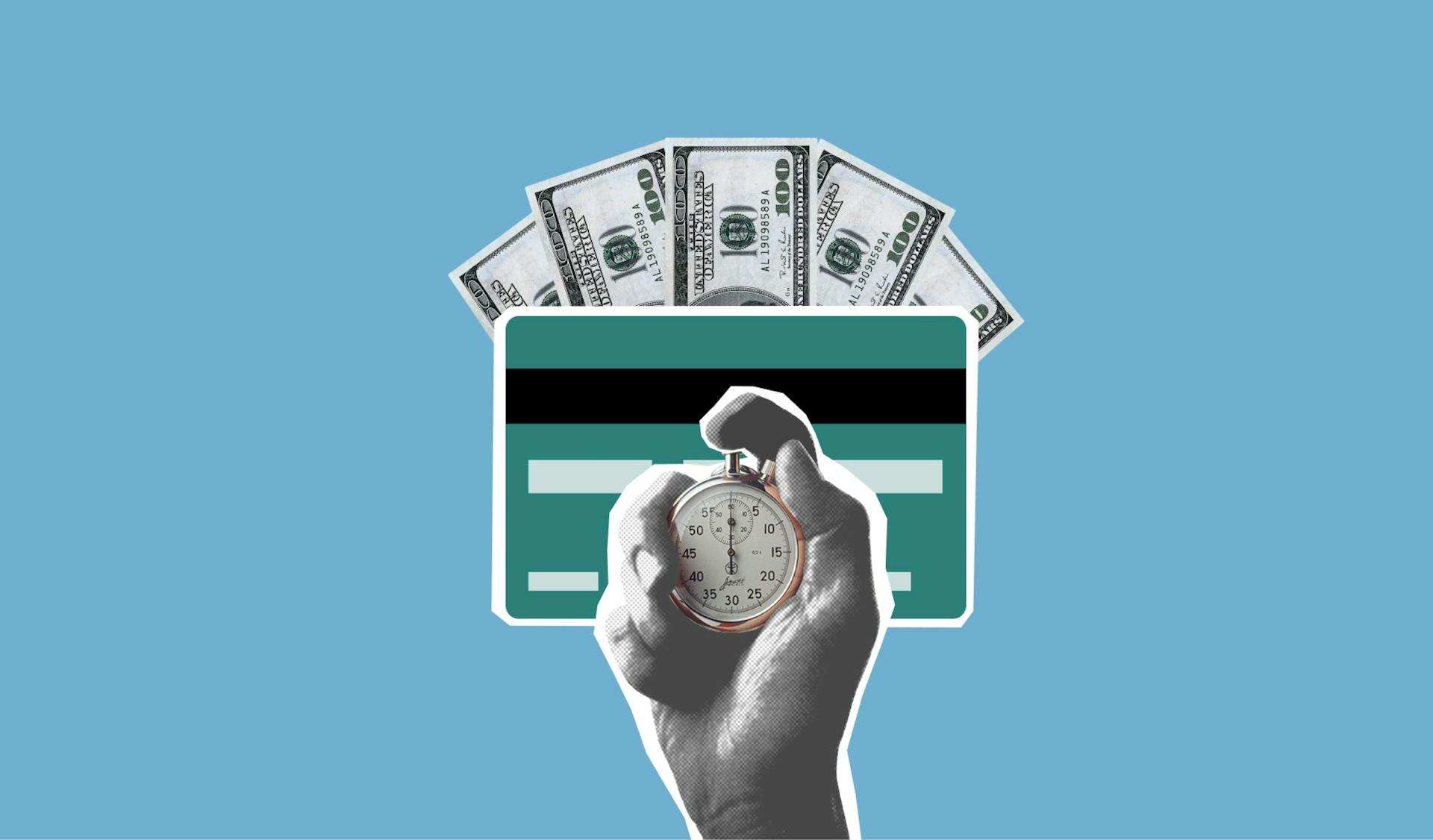
Reopening a closed credit account can be a complex process, but it's not impossible. You can try to reopen a closed credit account, but you'll need to meet certain requirements.
Credit card companies typically close accounts due to inactivity, missed payments, or excessive debt. If you have a good payment history, you might be able to reopen the account, but it's not guaranteed.
To increase your chances of reopening a closed credit account, you'll need to demonstrate responsible credit behavior. This includes making on-time payments and keeping your credit utilization ratio low.
Credit card companies may reopen accounts if you've been a loyal customer in the past. If you've had a closed account for a short period, you might be able to reopen it by calling the credit card company and explaining your situation.
Readers also liked: Not Used Credit Cards
Gather Your Information
To reopen a closed credit account, you'll want to gather some essential information beforehand. This will make the process smoother and more efficient.
You may need personal information to identify yourself to your card issuer, such as your Social Security number. This is a crucial piece of information that will help your issuer verify your identity.
Be prepared to share financial information, like your income and monthly housing payment, as some issuers may ask for proof of income to approve your request. This will help them assess your financial situation and make an informed decision.
If you closed the account, be ready to explain why you'd like to reopen it. This will give your issuer a clear understanding of your motivations and help them make a decision.
You should also track down your credit card number and have it at the ready in case your issuer requests it to locate your account. This will save you time and effort in the long run.
Here's a list of essential documents and information you may need to gather:
- Identifying information: Social Security number
- Financial information: Income, monthly housing payment
- Reason for account closure: Explanation for reopening the account
- Credit card number: In case your issuer requests it
Reopening the Account
You can contact the issuer to ask for more information if you're not sure why your account was closed.
Before calling your credit card issuer, gather your account information and be prepared to address the reason why your card was closed, as well as provide up-to-date information on your current credit and financial situation.
Call your credit card issuer's customer service line to request that they reopen your account. Be prepared to address the reason why your card was closed, plus provide up-to-date information on your current credit and financial situation.
If the issuer agrees to reopen your card, be sure to review the specifics of your agreement. In some cases, the issuer may require you to go through a formal application process, including a hard credit inquiry.
Here are the relevant policies from seven major card issuers:
Act fast if you want to reopen your account, as some issuers may have a limited timeframe for reopening.
Understanding the Process
Reopening a closed credit account can be a bit of a process, but it's worth understanding what to expect. Your credit card issuer's policies will play a big role in determining whether you can get your account back.
The good news is that it may be possible to reopen a closed credit card, especially if the card was closed for a minor reason like inactivity or if you closed it yourself. If your card was closed due to missed payments, however, your lender may not be willing to reinstate it.
Whether or not you can reopen your account, it's essential to know that your credit card issuer may make some changes to your account. For example, your interest rate may change, and you may have a lower credit limit than before.
Here are some possible changes you might see if your credit card issuer agrees to reopen your account:
A closed account can stay on your credit reports for several years, depending on whether it was delinquent when closed. A charge-off will show up for seven years from when the account went delinquent, while an account closed in good standing can stay on your credit history for 10 years.
A different take: Delinquent Credit Account
Why Your Was

Your credit card might have been closed for a variety of reasons, and it's essential to understand why it happened to know how to proceed.
If you haven't used your card for several months, your credit card issuer may close your account for inactivity.
Credit card companies expect you to make at least the minimum payment due each month, and if you fail to do so for 180 days, your card will be considered in default and will likely be closed.
You may have exceeded your credit limit, which could have led to your account being closed.
If your credit score drops precipitously or the issuer discontinues the card, your account may also be closed.
Here are some possible reasons why your credit card was closed:
- Your card was inactive for an extended period.
- You stopped making payments.
- You spent over your credit limit.
- You breached your credit card agreement.
- You filed for bankruptcy.
These reasons can have a significant impact on your credit score, so it's crucial to understand the specific reason your account was closed.
Understanding Account Purpose
Your credit card account can be closed for various reasons, and it's essential to understand the purpose behind it.

If you didn't close your account yourself, it's possible that your credit card issuer closed it.
Inactivity can lead to an account being closed, so make sure to use your card regularly.
Defaulting on your credit card debt is another reason an account may be closed.
The credit card company's business needs can change, which may result in your account being closed, regardless of your usage.
Repeatedly going over your credit limit can also lead to an account being closed.
Your credit score dropping below the card's minimum required credit score can cause an account to be closed.
Here are some reasons why an account may be closed:
- Inactivity
- Defaulting on your credit card debt
- The credit card company’s business needs change
- Repeatedly going over your credit limit
- Your credit score drops below the card’s minimum required credit score
How Long Does an Account Stay Active?
An account can stay active for years, but it's not a guarantee.
If you're making regular payments, your account will likely stay active as long as you keep paying your balance.
A closed account can still show up in your credit history for 10 years if it was closed in good standing.
A different take: How Long Does a Delinquent Account Stay on Credit

The length of time an account stays active also depends on your payment history - if you're consistently late, it can be a different story.
A charge-off will show up on your credit reports for seven years from when the account went delinquent.
In general, it's a good idea to keep track of your account status to avoid any surprises down the line.
Potential Consequences
Reopening a closed credit account can have some potential consequences to consider.
A closed account can stay on your credit reports for 7-10 years, depending on whether it was closed in good standing or was delinquent when it was closed.
Having a closed account on your credit report can hurt your credit, especially if it was closed due to a charge-off. A charge-off is considered a derogatory mark and can stay on your report for 7 years.
Your credit utilization rate can increase if you close an account, which can negatively impact your credit score.
Discover more: Credit Cards Can Help When Paid off on Time Regularly
Closing an account can also lower the average age of your accounts, which is another factor that affects your credit score.
If you close a credit account, your credit mix may be negatively affected, especially if the account was a credit card or another type of credit that's considered positive to have in your history.
Here are some potential consequences of reopening a closed credit account:
Frequently Asked Questions
What happens when a credit card account is closed?
When a credit card account is closed, it can decrease your available credit and increase your credit utilization ratio, potentially harming your credit score
Sources
- https://www.experian.com/blogs/ask-experian/can-i-reopen-closed-credit-card-account/
- https://www.kiplinger.com/personal-finance/credit-debt/603789/what-to-do-if-your-credit-card-is-closed
- https://www.creditkarma.com/credit-cards/i/reopen-closed-credit-card-account
- https://www.nerdwallet.com/article/credit-cards/can-you-reopen-a-closed-credit-card
- https://www.nerdwallet.com/article/credit-cards/credit-card-cancelled-due-inactivity
Featured Images: pexels.com


